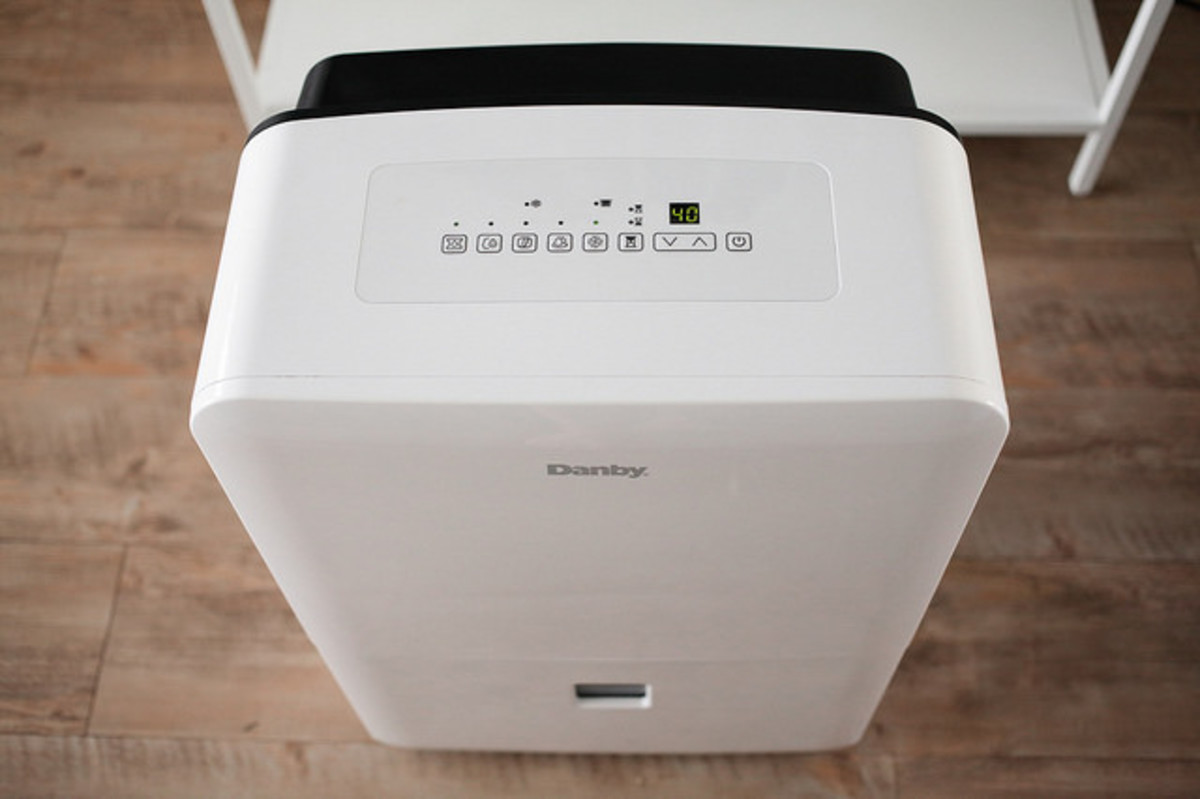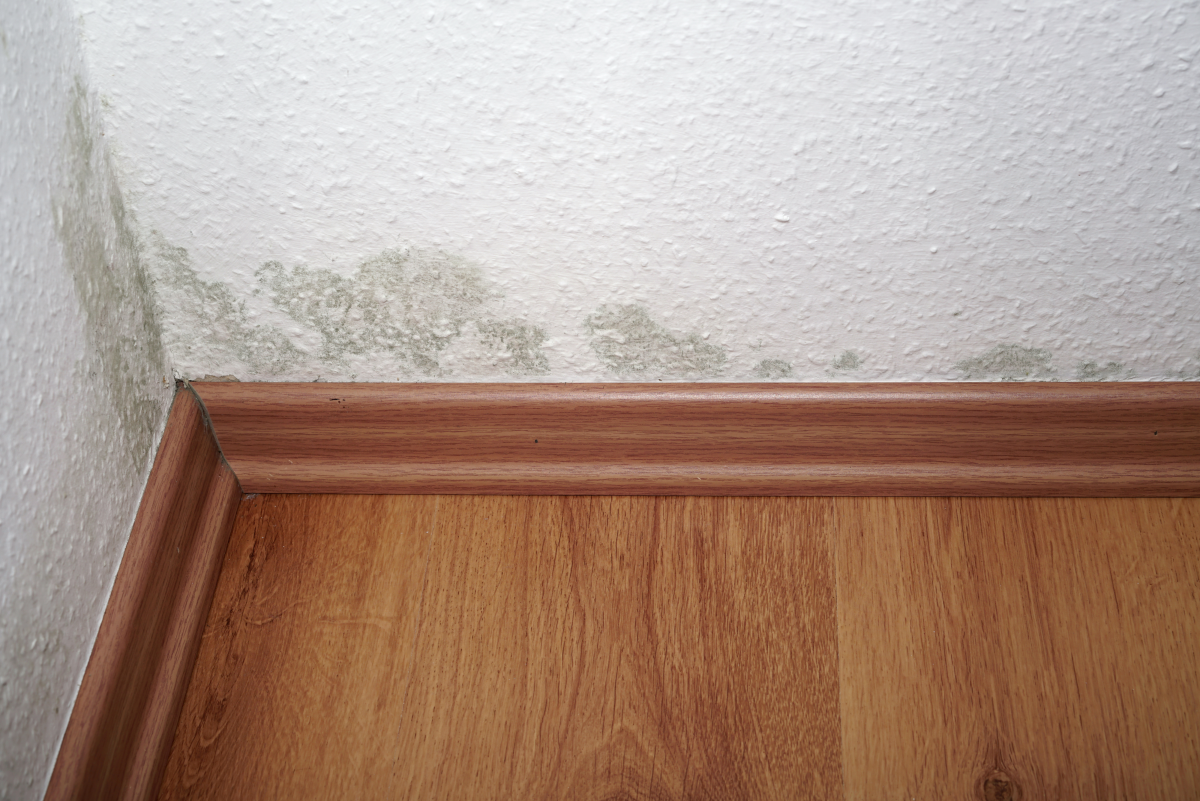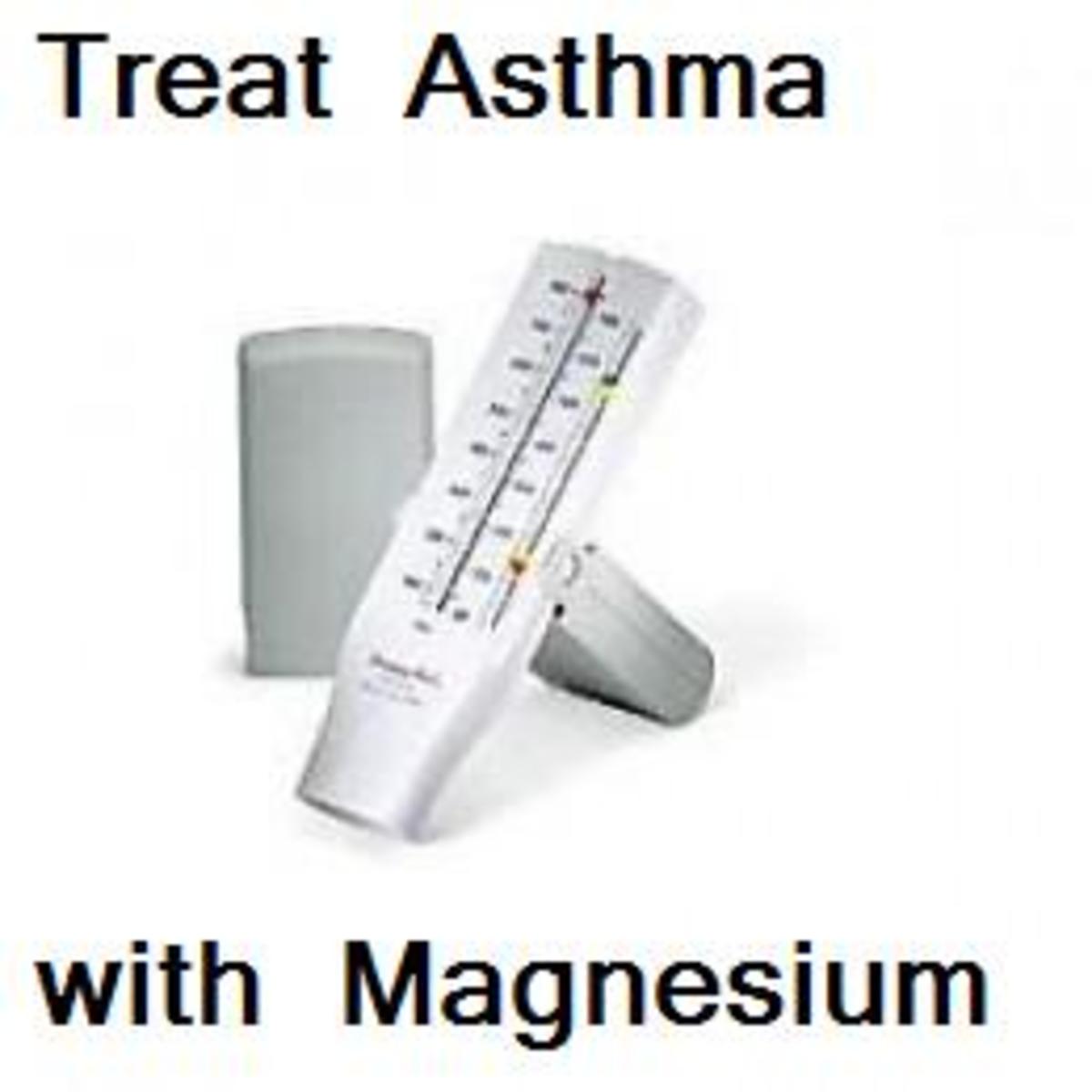Can Using a Home Dehumidifier Help Reduce the Symptoms of Asthma and Allergies?
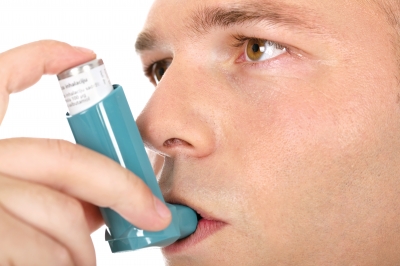
Asthma and Allergy Sufferers Becoming More Common
Millions of people all over the world suffer from Asthma and experience allergic reactions caused by a range of allergens. Asthma and allergic reaction symptoms can range considerably in their scale of severity. Childhood asthma is common and many people will have had the condition as a child but will have grown out of it at some stage and even if not chances are you know someone with some degree of respiratory problem.
Many people have asthma and allergies as a young child with reactions often physically manifesting in the form of hives, rashes, and coughs. Most people grow out of them but recent studies over the last 12 years have found that an increasing number of people are developing these conditions in later life and living with it for longer. Unfortunately, there is a lack of solid scientific evidence to explain this increase in the instances of asthma, although if you have a look around you'll see plenty of theories being forward including; stress and anxiety conditions; air quality and pollution; chemicals used in food production etc...the list goes on. And the allergen triggers are more varied: dog hair, cat dander, pollen, food allergies and many others.
Causes and Triggers
What we do know about asthma and allergies is that there are certain triggers that can antagonise allergy symptoms and asthma. Not all of these triggers affect all asthma and allergy sufferers and some affect some people more than others. One of the most common triggers, and one that can be prevented or at least significantly reduced is mould.
There are a number of places around the home where there is a risk of mould growing. You can follow some simple steps to prevent this such as by having your home well insulated and ensuring that 'wet' areas such as the laundry room and bathroom are well ventilated. Another proactive step that can be taken to reduce the chances of antagonising the effects of asthma and allergies, one which involves making a small investment, is to use a dehumidifier in your house.

What is a Home Dehumidifier?
The purpose of an air dehumidifier is not to get rid of mould per se, but rather to combat the conditions that allow mould to form. Mould forms as a result of damp or humid air within your house. The moisture in the air will attach itself to a cold surface creating mould and fungal spores. These spores are a nightmare for anyone who suffers from allergies or respiratory diseases as it can really worsen the symptoms.
Common spots for mould spores to develop in include shower basins, cold pipes and around windows (especially windows that aren't properly insulated) and in basements. It's an unfortunate situation because it's generally regarded that asthma and allergy sufferers who breathe moist, humid air will notice an improvement in their breathing. However, this same moist, humid air will eventually lead to mould which is widely accepted as being a key trigger in worsening asthmatic conditions.
Many people don't know about dehumidifiers or what they are used for, but some people argue that they can be used in the treatment of asthma and allergies. What a home dehumidifier does is remove some of the moisture floating around in the air. Instead of the moisture falling onto a cold surface to create mould and fungal spores, it is captured by the dehumidifier. All of the moisture in the air captured by the dehumidifier is caught in a receptacle that you should empty once the cycle has finished.
A dehumidifier won't cure respiratory diseases and shouldn't be used as a substitute for professional treatment, such as medicines, as prescribed by a doctor or nurse. People often ask how to cure asthma or bronchial asthma and allergies but at present there is no scientifically proven cure. There are, however, many ways in which the condition can be managed and therefore reduce the chances of an asthma attack.
How to Check the Humidity Levels in your Home
Checking the humidity levels in your home is easy once you understand a little about the science behind it. The humidity in the air is measured using a scale called Relative Humidity (RH) which is based on the percentage of moisture being held in the air. When the air is holding all the moisture that it possibly can then the RH will be 100. When the RH level goes above 100 then it means that the air is literally over-flowing with moisture. So, the moisture leaves the air and attaches itself to a solid surface in the form of condensation. If you regularly get condensation on the windows in your home then it may mean that the air in your house is too humid and you're at risk of developing mould and fungal spores which is bad for your health and can lead to respiratory problems. You might also notice musty smells around your house and damp walls, especially in the bathroom and the kitchen. These are the symptoms of high humidity that you need to look out for.
Asthma and Allergies Poll
Do you suffer from Asthma or Allergies?
What is a Hygrometer Used For?
Another way of checking the humidity levels in your home is to use a hygrometer. This is a small inexpensive electronic device (you can also get mechanical versions) that effectively measures the RH level in the air. They're sold at a low price on Amazon but you should be able to find one in your local hardware store or home improvement store.
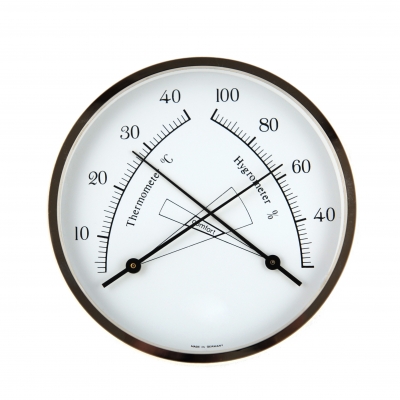
Should you Buy a Dehumidifier?
Unfortunately the scientific evidence to support the use of a dehumidifier to tackle the symptoms of asthma and allergies is limited. The theory is all in place and feedback from asthma and allergy sufferers seems to be positive.
Certainly, I can confidently say that as someone who has had asthma for most of my adult life and who lives in the dampest city in an already damp country I use a dehumidifier as part of a range of measures to keep my asthma in check and I haven't had any problems for the last several years. Winter can be the most challenging time for an asthma sufferer as the cold air does us no favours whatsoever, but ensuring there is a right balance of humidity in the air of your home may go some way to reducing symptoms.
Find the Best Dehumidifier for you with this Buyers Guide
This content is accurate and true to the best of the author’s knowledge and is not meant to substitute for formal and individualized advice from a qualified professional.
© 2013 Robert Clarke


